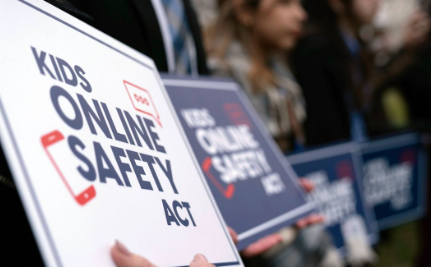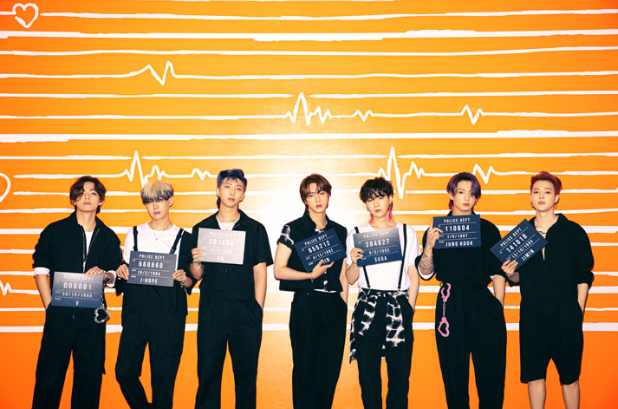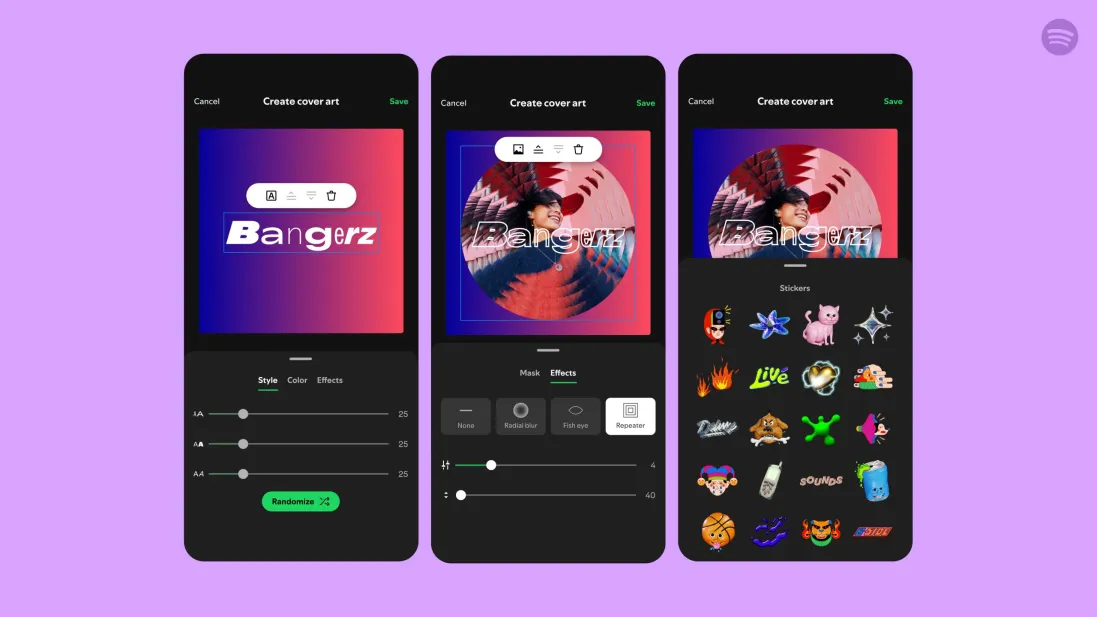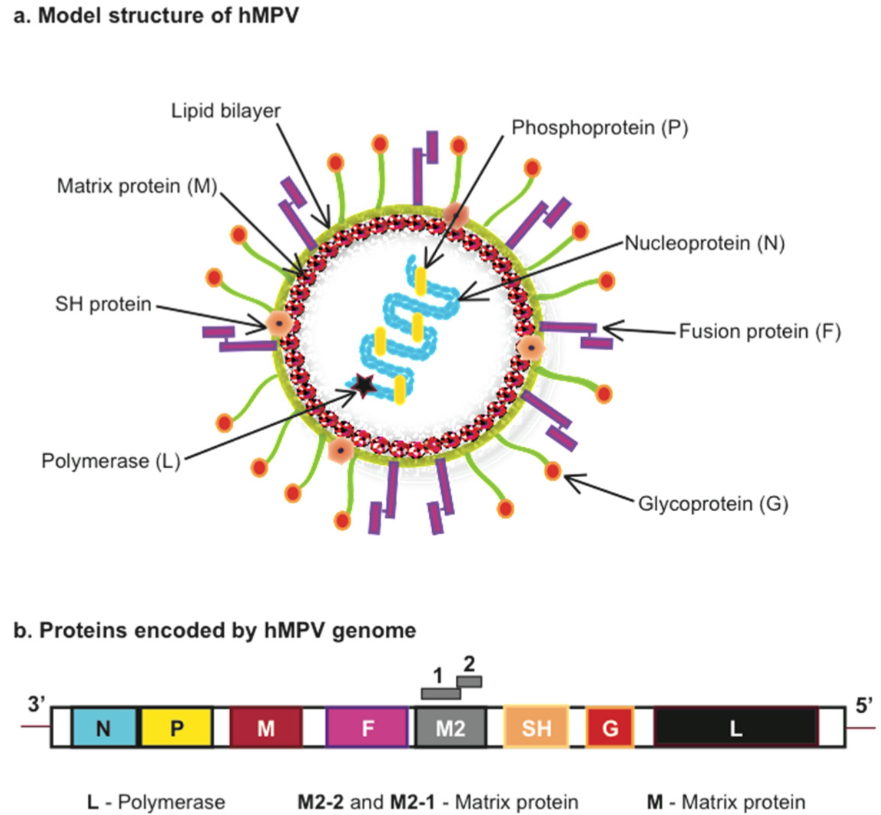An outbreak of human metapneumovirus (HMPV) cases in China took place right as we stepped into 2025. Because of this, some individuals feared that it could be another Covid-style pandemic—mandatory lockdowns that forced many people to stay home and isolated with friends or family, workers laid off because of business failures, and the lingering fear of uncertainty widespread in communities.
The concern is legitimate—no one would want to experience the hardships of the COVID-19 pandemic again. But before we finger-point at China and accuse it for manufacturing the virus, it has been proven that HMPV was first discovered by van den Hoogen et al. in respiratory patients from The Netherlands in 2001.
While the HMPV is perceived to be less pathogenic than the COVID-19 virus, it often causes mild symptoms, with some people getting very sick. Regardless, it is a virus that typically causes symptoms of upper respiratory (sinuses and throat) tract infection, such as runny nose, wheezing, and shortness of breath. But it can sometimes worsen lower respiratory (the windpipe and within the lungs) infections like pneumonia.
Most people get HMPV before they turn five, with young kids and older adults having a greater risk for serious illness because of their weaker immune system. Also, most patients will be severely sick the first time they get the virus due to a lack of antibodies—proteins produced by the immune system that serve as the body’s defense mechanism against unwanted substances. Yet those symptoms are usually mild after their first infection.
So, how do I prevent myself and others from getting HMPV?
This contagious virus spreads through direct contact with someone who has it or from touching items contaminated with the virus. However, routines that have been practiced during the COVID-pandemic are still applicable to this current outbreak. These measures are as follows:
- Wash your hands often with soap and water. If you can not use soap and water, always keep an alcohol-based hand sanitizer.
- Put on a mask if you can not avoid being around others.
- Avoid touching your face, eyes, nose and mouth with unwashed hands.
- As you sneeze or cough, cover your nose and mouth using your forearm, but not your palms.
- Distance yourself from others when you have HMPV-like symptoms. Stay home if necessary.
- Improve the airflow in indoor spaces as needed.
- Regularly clean frequently touched surfaces.
While there are neither antiviral medicines nor vaccines that treat HMPV, most people can recover on their own pretty quickly if they do not have pre-existing health implications. Although HMPV is not circulating in the United States just now, it is always a good choice to keep an eye on current health advisories, take preventive measures, and avoid traveling internationally.
Nevertheless, the surge of HMPV cases itself is not the most harmful—it is the irrational fear of an outbreak without accurate knowledge that makes the situation worse. In this increasingly globalized era, we must inform ourselves about emerging infectious diseases in order to protect ourselves and our loved ones.

























